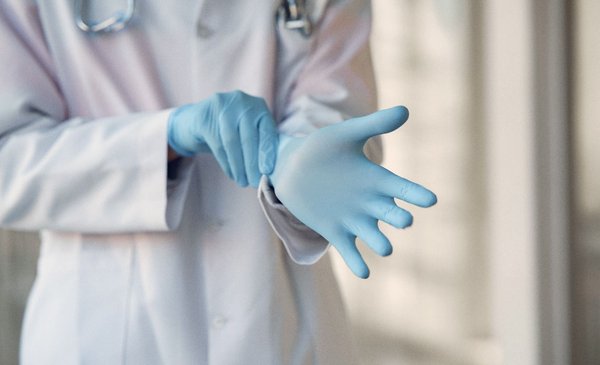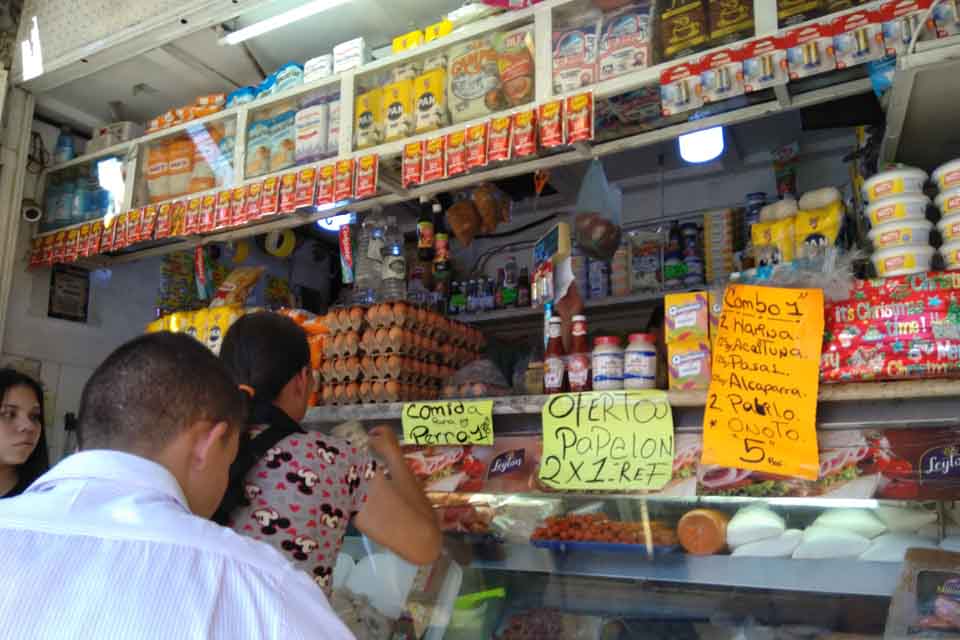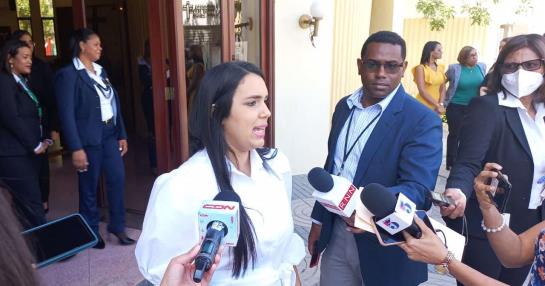The Judiciary condemned the Ministry of Public Health (MSP) to pay compensation of US$ 10,000 for “damages” and moral affectation to the nurse Marcelo Pereira Guzo. the official he was in prison for three yearsaccused of the murders of several patients at the Maciel and La Española Hospitals together with his colleague Ariel Acevedo, until the two were acquitted for lack of evidence.
A) Yes, Pereira started a series of demands against him Condition, among them, the one filed against the Ministry of Health, which, at the time, had Leonel Briozzo as undersecretary. The nurse’s version maintains, in this case, that the chief began to give a series of television interviews “repeatedly and publicly” referring to him as a “serial killer, infiltrated in health,” which caused him a “great shock”. “This action caused him harm that has caused him great moral damage whose reparation he seeks. He was subjected to public ridicule without measuring in the least the damage that was caused,” the sentence states.
In the complaint, also points against the then minister Susana Muñiz: “The MSP took him as a murderer and the former Minister of Public Health, Dr. Muñiz, said that she advised him not to get close to health after he regained his freedom. caused irreversible moral damage.
And he adds: “The repercussion of the events in all the newspapers and television channels must be taken into account, where the undersecretary Dr. Briozzo affirmed that it was a murderer infiltrated in health. The wife of the appearing party, Marcela Ramos, who worked together with him at the Maciel Hospital as a nurse, she had to be treated by psychologists and psychiatrists, and be certified for almost 2 years. She had to leave her job and develop it in a polyclinic in Canelones with a lower salary. (…) It should be considered the public commotion caused by the defendant’s actions. All these facts also affected his parents.”
His claim, initially estimated at US$80,000, was based on the provisions of article 21 of Law 17,060, which literally states: “Public officials shall observe the principles of respect, impartiality, rectitude and suitability and shall avoid any conduct that matters an abuse, excess or misuse of power, and the improper use of their position or their intervention in matters that may benefit them financially or benefit people directly related to them. Any action or omission in contravention of this article will make its authors incur liability administrative, civil or criminal, in the manner prescribed by the Constitution of the Republic and the laws.
A long story behind
Pereira’s story went around the world when it was published in March 2012 that, together with Acevedo, he had killed dozens of patients. Later the figure dropped to 15 people between the two, but everything indicated that they were equally guilty. Both confessed in March 2012 before the Police and before the Justice to have ended the lives of the patients with the intention of not prolonging their agony, given that many were in the terminal phase.
But since the evidence gathered during the trial did not confirm those confessions and the nurses later retracted their claims, claiming that they had been pressured by the Police, the judge questioned those statements.
“The confession, which in our legislation does not provide full proof and must be valued together with the others produced, are not sufficient for a conviction, added to the fact that without going so far as to raise the nullity of the same (in case they are produced under pressure or violence), without a doubt they were made in a state of emotional disturbance (…)”, expresses the ruling of Judge Dolores Sánchez.
And he cited as an example that Pereira recognized from photos that he had murdered people supplying morphine “on days when he did not go to work.”
For this reason, he understood that the confessions lacked “conviction by itself” and in capital letters he stressed that they did not allow, with the “necessary certainty” for this stage of the process, to convict any of the defendants.
“More than a suspicion is needed to convict, more than a probability is needed, the certainty of the existence of the criminal act and the guilt of the defendant or defendants is needed, the conviction will only be legitimate when the evidence makes it inevitable, when there is no other remedy”, explains the ruling.
Regarding the confessions, Sánchez indicates that both Pereira and Acevedo later alleged that they made them because “they were pressured by police personnel” and that they received “bad advice” from the lawyer who initially represented them.
Three years later they were acquitted and in 2018 Pereira received compensation from the State of US$310,000.







